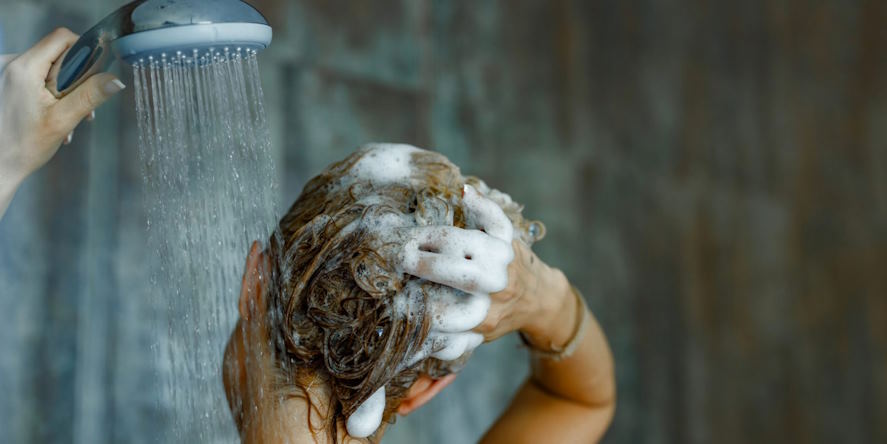One unwelcome issue often takes center stage when speaking about hair, causing discomfort – dandruff. Such a common scalp condition not only leaves its mark in the form of those pesky white flakes but can also be accompanied by itching and irritation.
Why do people come across dandruff?
This problem can have various causes, and often, multiple factors may contribute to its development. Here are some widespread reasons for dandruff:
Yeast Overgrowth
Malassezia, a yeast-like fungus, is naturally present on the scalp. However, its overgrowth can result in an inflammatory response, resulting in dandruff.
Besides, excessive oil production on the scalp can create an environment conducive to the growth of Malassezia, contributing to dandruff.
Dry Skin
Dry skin on the scalp can cause small, white flakes. It’s a common misconception that only oily skin leads to dandruff. Dryness can be a significant factor as well.
Sensitivity to Hair Care Products
Some individuals may be sensitive to certain ingredients in hair care products, leading to an irritated and flaky scalp.

Medical Conditions
Certain medical conditions, such as psoriasis or eczema, can result in flaky scalp conditions that may be mistaken for dandruff.
Hormonal Changes
Fluctuations in hormones, often associated with puberty, pregnancy, or menstruation, can influence oil production on the scalp and contribute to dandruff.
Poor Diet
Nutritional deficiencies, particularly in zinc, B vitamins, and certain fats, can impact overall skin health, potentially contributing to dandruff.
How to solve and prevent this problem?
Solving and preventing dandruff involves adopting a comprehensive approach that addresses the underlying causes and promotes a healthy scalp. Here are some effective strategies to manage and prevent dandruff:
Use an Anti-Dandruff Shampoo
Choose a medicated or anti-dandruff shampoo containing active ingredients such as zinc pyrithione, ketoconazole, selenium sulfide, or salicylic acid. Use the shampoo regularly, following the instructions on the label.
Regular Hair Washing
Maintain good scalp hygiene by washing your hair regularly. Find a balance, as overwashing can strip natural oils, and infrequent washing may lead to oil and dead skin cell buildup.
Adjust Your Diet
Ensure a balanced and healthy diet rich in vitamins and minerals, especially zinc, B vitamins, and healthy fats, which are needed for skin health.
Hydrate Your Scalp
Massage your scalp regularly to improve blood circulation and prevent dryness. Use natural oils like coconut, tea tree, or olive oil for added hydration.



